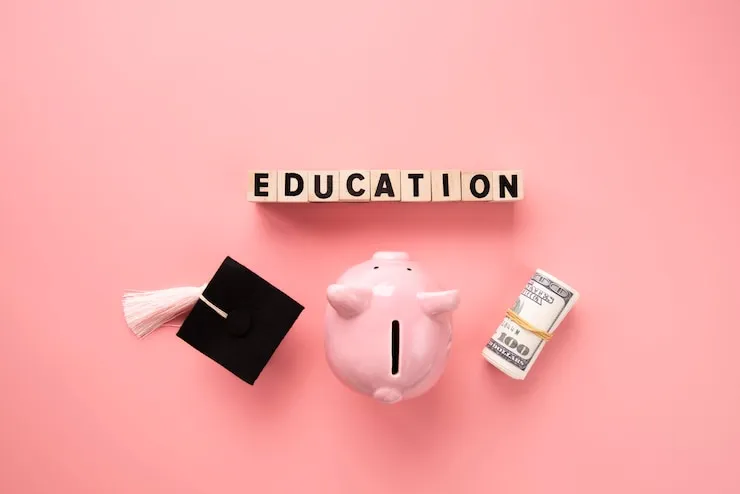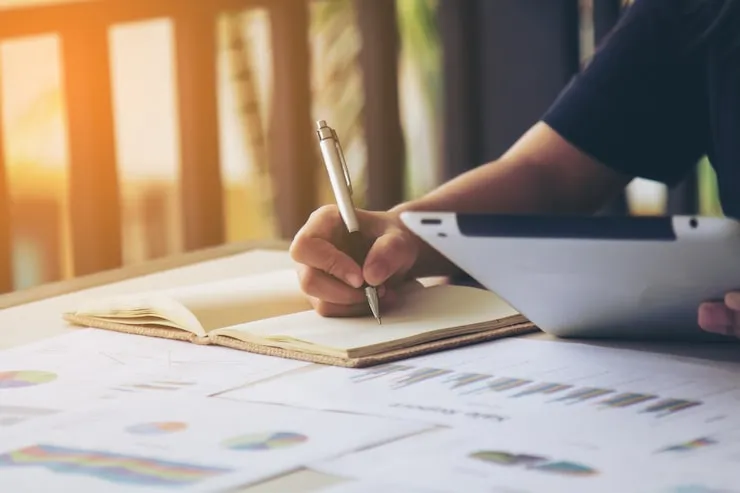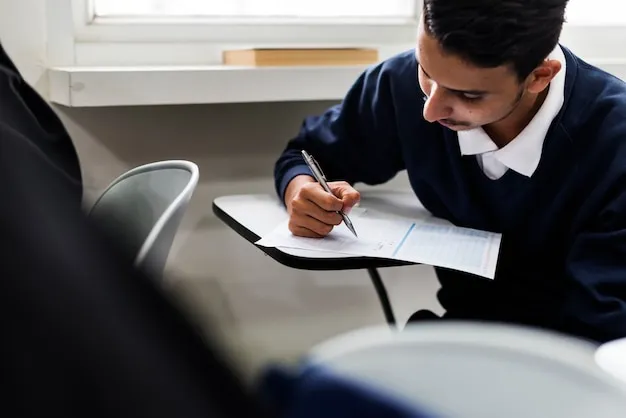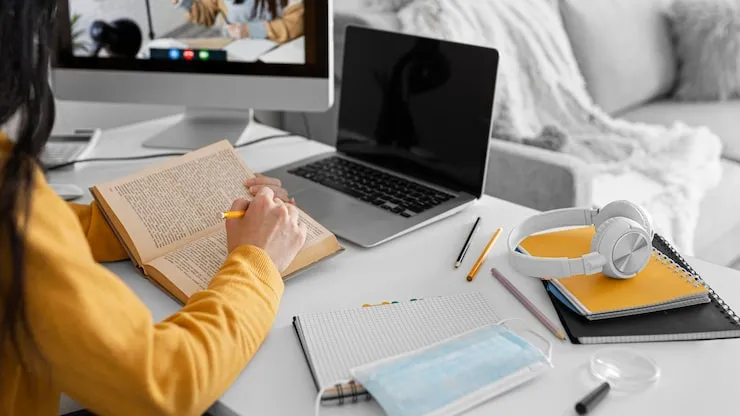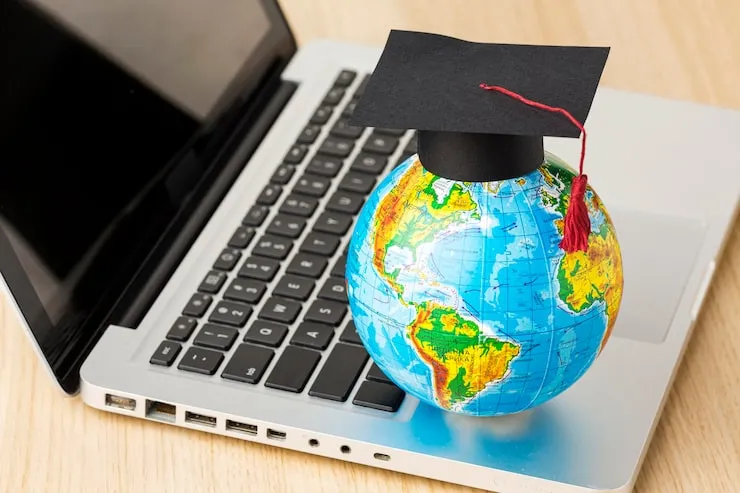Have you ever felt nervous before a science practical exam? I know I have! Science practicals can be tricky, but with the right approach, you can ace them easily. Today, I'm sharing my proven tips to help you succeed in your hands-on science tests and build confidence in the lab.
How to Crack Practical Examinations in Science Subjects: My Journey
When I first started taking science classes with lab work, I would get so nervous that my hands would shake! It made pouring chemicals or setting up equipment really hard. But over time, I found ways to calm my nerves and become good at practical exams. Now I want to share what worked for me with you.
How to Crack Practical Examinations in Science Subjects Through Preparation
The secret to doing well in any lab test starts long before exam day. Here's how I prepare:
Study the Lab Manual Carefully
Always read your science experiment guide before class. I like to highlight important steps and safety rules. This helps me remember what to do during the actual test.
Practice Basic Skills Regularly
Simple things like measuring liquids, using microscopes, or connecting circuits get easier with practice. I spend extra time on these fundamental lab techniques whenever I can.
Create Your Own Notes
I make small cards with steps for each experiment. These experiment procedure notes are perfect for quick review before the test.
Master Your Laboratory Equipment
Knowing your tools is half the battle in any science practical assessment.
Learn the Names and Uses
I found that knowing what each piece of equipment is called and what it does helps me follow instructions better. Make flashcards of lab apparatus to help you remember.
Handle With Care
Always be gentle with lab equipment. I once broke a test tube because I was rushing, and it cost me points on my exam. Treat scientific instruments with respect.
Develop a Systematic Approach to Experiments
Having a plan makes everything easier during your practical science examination.
Read Instructions Twice
I always read all instructions before starting any experiment. Then I read them again! This helps avoid silly mistakes in your lab procedure.
Organize Your Workspace
Keep your area neat during the test. I put things I'll need first on the right and move them to the left after using them. This workspace organization technique prevents confusion.
Take Notes During the Experiment
Write down what you see happening, especially any color changes or reactions. These observation records are crucial for your results section.
Stay Calm During Your Science Practical Test
Nerves can ruin even the best preparation. Here's how I keep cool:
Deep Breathing Works Wonders
Whenever I feel stressed during a lab examination, I take three deep breaths. It helps clear my mind and steady my hands.
Focus on One Step at a Time
Don't think about the whole experiment at once. I just focus on the current step in the practical procedure, then move to the next one when I'm done.
Record Results Accurately
Your observations and conclusions matter just as much as doing the experiment right.
Write Clearly and Neatly
Messy writing can cost you points! I always take time to make my lab reports neat and easy to read.
Include All Observations
Even if something seems small or unimportant, write it down. Sometimes the tiny details matter most in science experiment documentation.
Draw Detailed Diagrams
Pictures can explain things better than words. I always include clear experimental setup drawings in my answers.
Safety First in All Science Lab Tests
Nothing is more important than staying safe during experiments.
Always Wear Protective Gear
I never skip wearing safety goggles, gloves, or lab coats when needed. This laboratory safety practice protects me and shows the examiner I'm responsible.
Know Emergency Procedures
Where are the fire extinguishers? What do you do if something spills? Knowing these safety protocols can save you in an emergency and impress your teacher.
Learn From Mistakes
Nobody's perfect, especially when learning science.
Practice Failed Experiments Again
When I mess up during practice, I try again until I get it right. These corrected attempts teach me more than successful ones sometimes.
Ask Questions After Feedback
Don't be shy about asking your teacher to explain where you went wrong. Understanding your practical exam feedback helps you improve quickly.
Time Management for Science Lab Exams
Managing your time well can make a huge difference.
Read the Time Limit First
Know exactly how long you have for each part of the test. I always check the examination duration before starting.
Practice With a Timer
At home, I time myself doing practice experiments to build speed without rushing. This timed practice technique helps me finish exams on time.
Special Tips for Different Science Subjects
Each science has its own challenges in practical exams.
Biology Practical Success
Always draw what you actually see under the microscope, not what the book shows. This accurate observation skill is what examiners look for.
Chemistry Experiment Tips
Write down color changes, temperature changes, or bubbles forming immediately. These chemical reaction indicators are easy to forget later.
Physics Lab Mastery
Double-check your measuring tool readings. I always look at rulers, thermometers, and meters from the right angle to avoid parallax errors.
Final Check Before Submission
Before turning in your exam, take a minute to review everything.
Review Your Answers
I always reread what I've written to catch any mistakes in my lab report conclusions.
Clean Up Your Area
Leaving a neat workspace shows professionalism and may even help your grade in some practical assessments.
Frequently Asked Questions
How can I overcome nervousness during science practical exams?
Practice regularly, take deep breaths when feeling anxious, and focus on one step at a time. Remember that lab test anxiety is normal, but preparation builds confidence.
What should I do if I make a mistake during the exam?
Stay calm, inform your examiner if necessary, and continue with the rest of the experiment. Making a procedure error isn't the end of the world if you handle it properly.
How important is the lab report compared to doing the experiment?
Both are equally important! Even perfect experimental work needs good documentation. Your science practical documentation shows your understanding of what you did.
Should I memorize all procedures before the exam?
Understanding the principles is better than pure memorization. If you know why each step matters in an experimental process, you can adapt even if something unexpected happens.
How can I improve my observation skills for science practicals?
Practice describing everyday things in detail. This scientific observation practice trains your eyes to notice small changes during experiments.
By following these tips, you'll be well on your way to success in your science practical exams. Remember that confidence comes with practice, so use every lab session as a chance to improve your skills. Good luck, and have fun experimenting!



.png)

